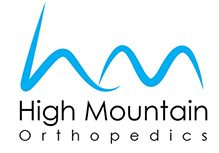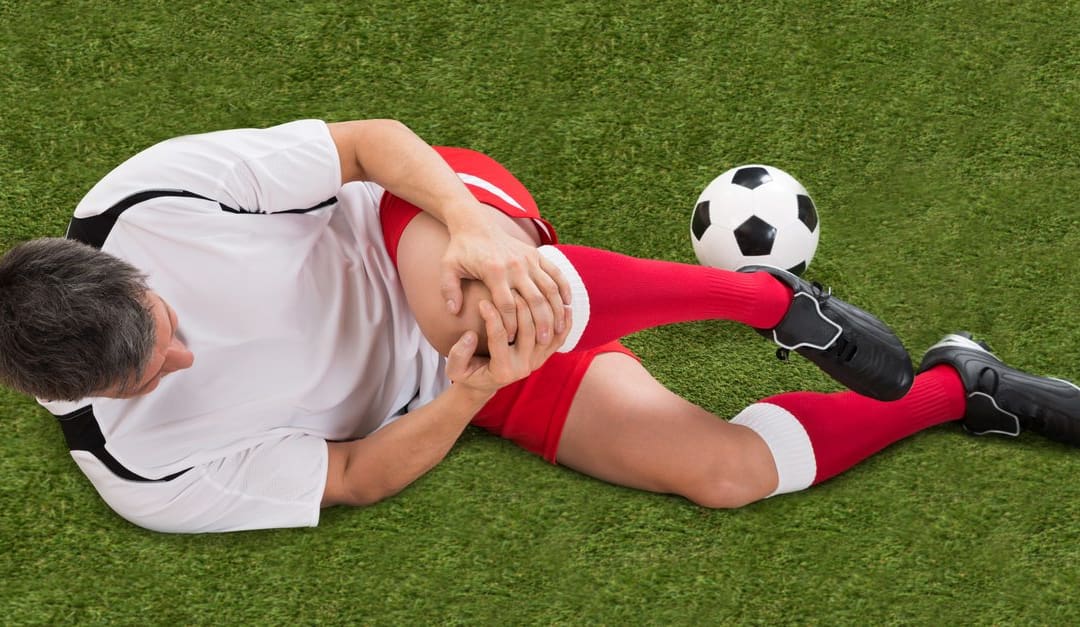For any athletes, the thought of having an ACL tear is scary as it can limit your ability to compete at a high level. In many cases, a sudden injury to the knee may leave many athletes unsure of the severity of their injury. But, determining if your ACL is torn is relatively easy – if you know what to look for.
The following are sure-fire signs that your ACL is torn:
- A loud pop. The pop occurs because the ACL is a very taught tendon and when it experiences the strain that causes it to tear, it is similar to a rope or rubber band snapping. The noise surprises patients and can even be heard by bystanders.
- Pain occurs immediately after the pop. The back and lateral (outside) portion of the knee are the most painful areas. Any type of bending, moving, or twisting makes the pain worse.
- Because the knee joint—which holds fluid and blood—is damaged, a large amount of swelling is seen immediately after the tear.
- The ACL is critical for knee stability. When it’s torn, patients can bear little to no weight on the injured knee without it feeling unstable.
- Instability causes weakness because the muscles aren’t able to work together to provide functional movement.
- A knee that buckles (or gives out) may have a torn ACL and/or another ligament of the knee.
Diagnosing a Torn ACL
An orthopedic surgeon is the most qualified medical professional to diagnose and treat an ACL tear. Their initial evaluation will include taking a detailed history and examining the knee. They will take X-rays and an MRI to confirm their diagnosis. If it’s a tear, surgery will be necessary.
Surgical Repair of a Torn ACL
Surgery involves replacing or repairing the torn ACL with tendons from the hamstring muscles or tendons from the undamaged portion of the knee, known as the patellar tendons. These tendons are used to recreate the original ACL tendon and are often anchored to the knee to increase stability.
The out-patient procedure usually takes about 60-90 minutes. Physical Therapy is prescribed following surgery and a full recovery can be expected after about 6-8 months.
Contacting an Orthopedic Surgeon
You now know some of the signs associated with an ACL tear. If any of them sound familiar, you should be seen by an orthopedic surgeon. Give us a call and we’ll get you an appointment ASAP.
High Mountain Orthopedics specializes in bone, joint and muscle injuries, including stress fractures. Dr. William Matarese Dr. Tony Wanich and Dr. Sherwin Su have over 25 years of combined experienced treating orthopedic and sports injuries. Our practice uses a multi-disciplinary approach that includes physical therapy and activity modification. If surgery is necessary, our team utilizes the latest advancements in Minimally Invasive and Arthroscopic procedures to expedite the healing process. If you are suffering from a bone, joint or muscle injury – contact our offices today! We have locations in Wayne, Paramus and Englewood, NJ.

